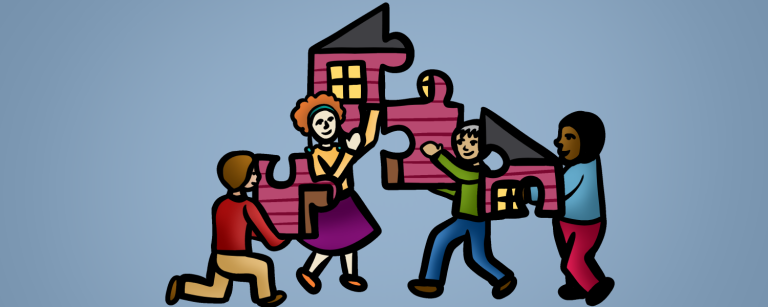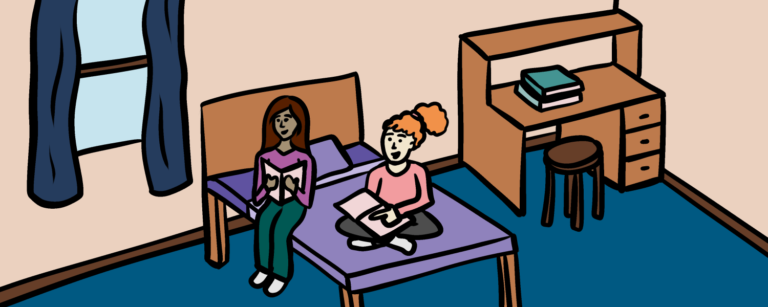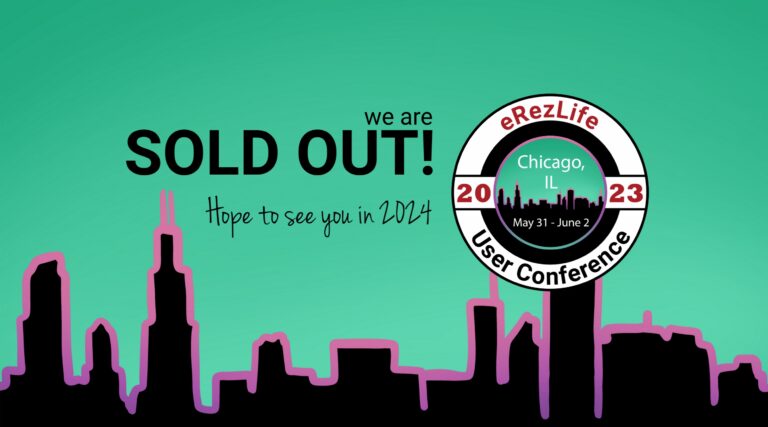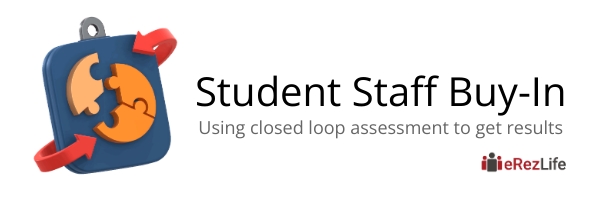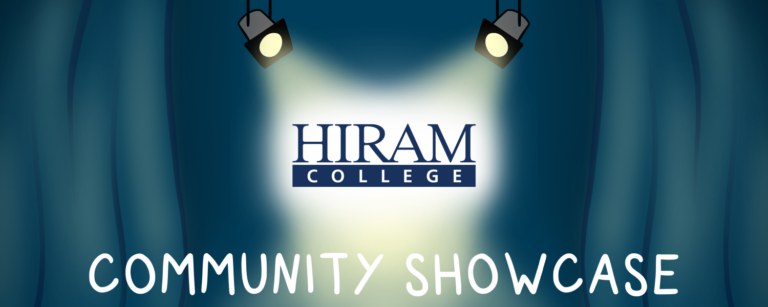Community Building: Your Next Step
Transferring Your Community Skills to Advance Your Career Oh, hey! Welcome to the community. Residence Life has been building effective and strong communities for years. The concept of community is not new to you, and…
